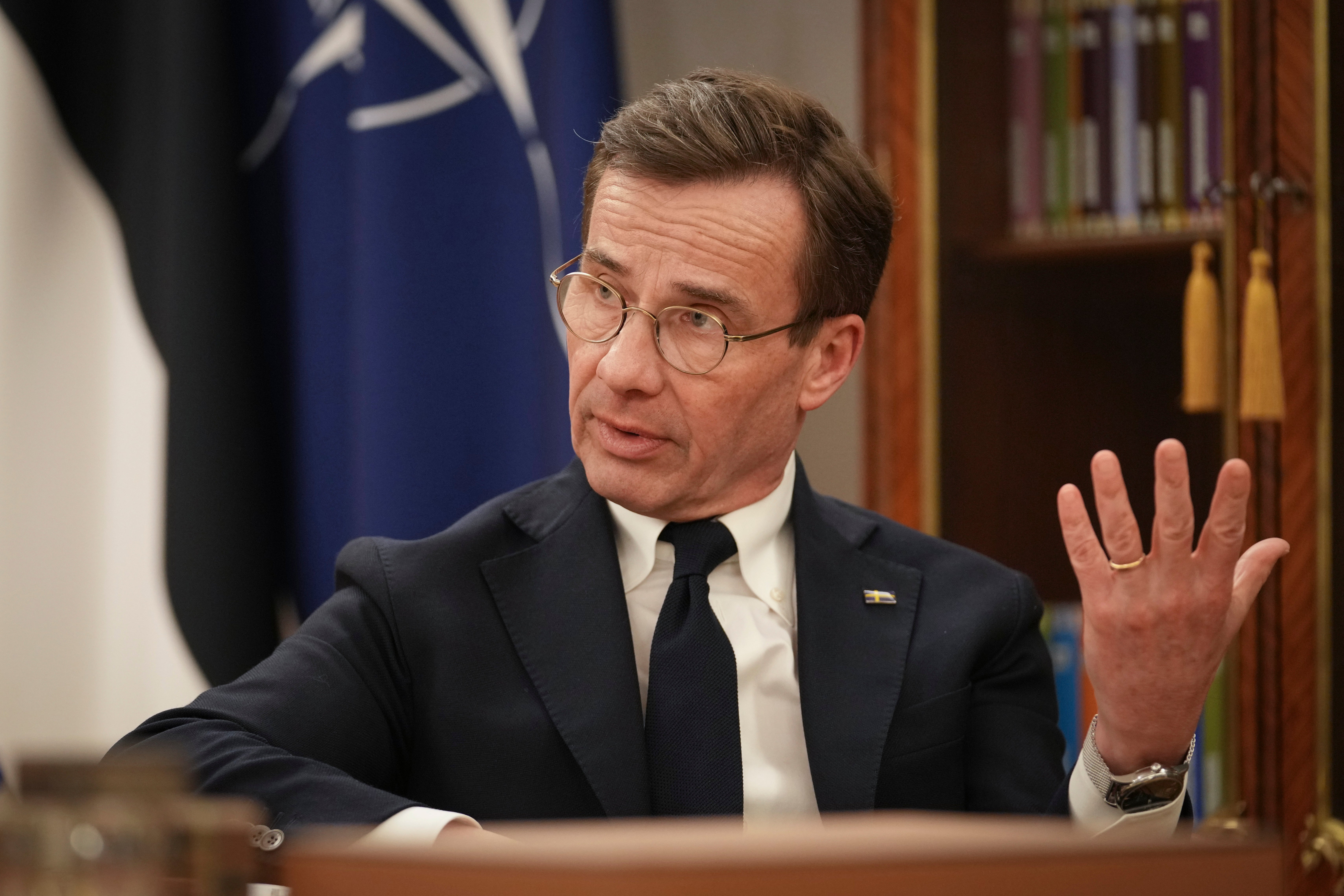Sweden to contribute up to 3 warships to reinforced NATO presence in the Baltic
Sweden's government says the country will contribute up to three warships to a NATO effort to increase the alliance’s presence in the Baltic Sea as it tries to guard against sabotage of underwater infrastructure

Sweden will contribute up to three warships to a NATO effort to increase the alliance's presence in the Baltic Sea as it tries to guard against sabotage of underwater infrastructure, the government said Sunday.
The Swedish military also will contribute an ASC 890 surveillance aircraft, the government said in a statement. And the country's coast guard will contribute four ships to help monitor the Baltic, with a further seven vessels on standby.
Sweden became the Western military alliance’s 32nd member in March. It followed neighboring Finland into NATO after Russia launched its full-scale invasion of Ukraine. The government said this will be the first time that Sweden as a NATO ally contributes armed forces to the alliance's defense and deterrence.
The decision comes as a string of incidents in the Baltic has heightened concerns about possible Russian activities in the region.
The undersea cables and pipelines that crisscross the sea link Nordic, Baltic and central European countries, promote trade, energy security and, in some cases, reduce dependence on Russian energy resources.
Ten Baltic Sea cables have been damaged since 2023, affecting Estonia, Finland, Sweden, Germany and Lithuania. At least two incidents involved ships later accused of dragging their anchors.
Prime Minister Ulf Kristersson said at an annual security conference Sunday that Sweden is not at war, but there is also no peace, Swedish news agency TT reported.
Bookmark popover
Removed from bookmarks